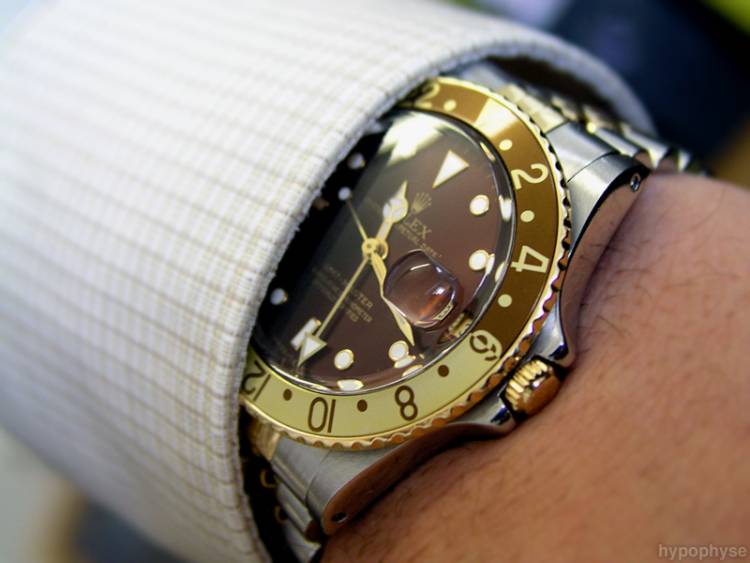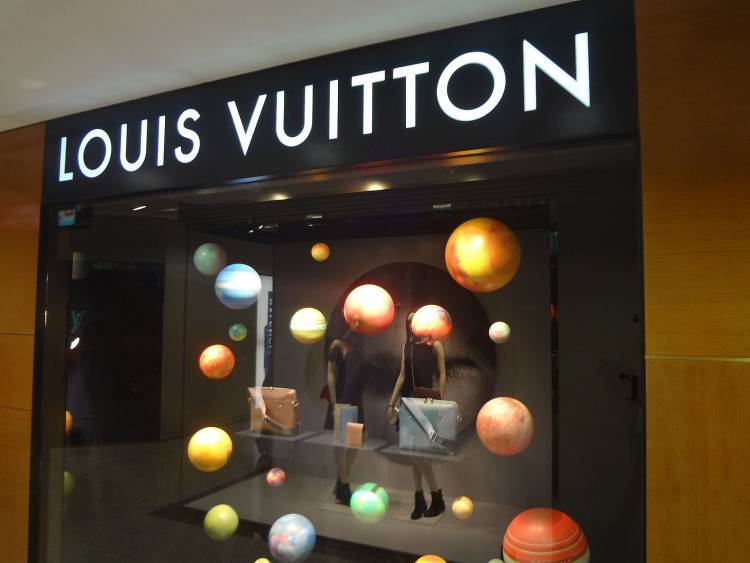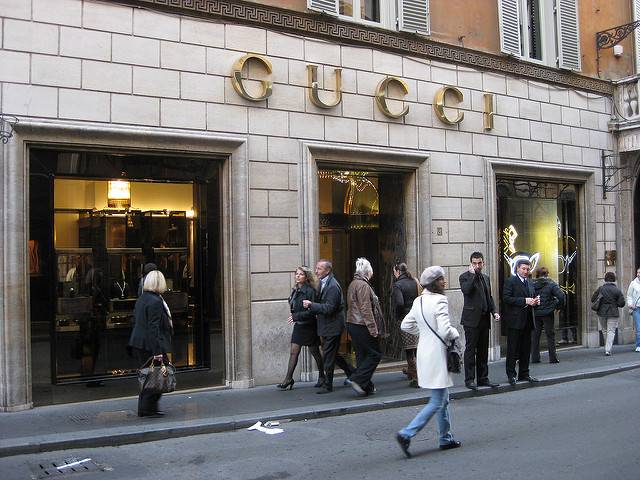The rise in demand for luxury goods, from wines and spirits to watches and jewelry, has boosted demand for MBA talent and spurred business schools to create management programs focused on luxury markets.
Specialist MBA and master’s degrees focused on fashion and luxury are proliferating. Last year, NYU Stern School of Business launched a Fashion & Luxury MBA, while other highly-ranked schools offering similar courses include HEC Paris and EMLYON of France and London Business School in the UK.
 Kim Corfman, academic director of Stern’s program, says the timing was right. “The global market for luxury is large and growing again, so the business opportunities are significant,” she says.
Kim Corfman, academic director of Stern’s program, says the timing was right. “The global market for luxury is large and growing again, so the business opportunities are significant,” she says.
“Companies in the luxury sector increasingly appreciate the competitive advantage of adding business-educated talent to their ranks. This means there is more of a market for MBA graduates.”
In the first semester, students master the business basics — analytics, finance, accounting, strategy and more. Later, NYU’s specialist MBA students take sector-specific courses, such as retail operations, supply chain management, or consumer behavior.
Students then take electives and apply what they have learned via consulting projects with luxury companies. These projects are often arranged by members of Stern’s Fashion & Luxury Council, which includes past and present executives at Yoox Net a Porter, Tommy Hilfiger and Tiffany.
The importance of work experience in the luxury business
More schools offer consulting projects and internships that can be crucial for getting hired by luxury brands. For example, in SDA Bocconi’s Luxury Business Management MBA concentration, which is offered in partnership with Gucci, LVMH, and Valentino, students complete an immersion project with a luxury brand.
While increasing numbers of these brands understand the value of MBAs, the biggest and ongoing challenge — at least for the new NYU Stern degree — is to convince more companies of the benefits of hiring MBA students in a sector that has traditionally preferred industry experience to degrees.
“Consulting projects are extremely important for students’ careers as they allow them to experience different company cultures, but more importantly they allow them to have luxury work experience on their CV,” adds Sonja Prokopec, marketing professor and coordinator for the luxury MBA track at ESSEC Business School in France. “Many students are switching from another sector, and the consulting projects constitute the first work experience in the luxury industry.”
Nearly half of ESSEC’s luxury management MBAs changed sector and 55 percent obtained a salary increase. Most frequently, the MBAs take positions such as brand or retail manager, at big and small firms, including LVMH, Richemont, Kering, Chanel and Ermenegildo Zegna.
But the luxury industry, including fashion, does not visit business school campuses to recruit large numbers of students like traditional MBA employers, such as banks and consultancy firms. “Management has become an important part of the global luxury industry, but it is not something that is mainstream among MBAs,” says Prokopec.
The proportion of an MBA cohort who are hired by luxury brands is typically low. At Stern, only three percent of the Class of 2017 were hired by luxury retail companies, for example.
 An MBA can be an advantage in the luxury field
An MBA can be an advantage in the luxury field
M. Alison Melville, however, views the fact that MBAs are not in vogue in luxury as an advantage. She has spent her entire career in the retail industry and noticed that few peers had MBAs. “I identified this as a way I could differentiate myself within the industry, while honing my business acumen to boot,” she says.
Melville graduated in 2013 from the general (not luxury) MBA program at Stern in New York City, a fashion hub that is home to top brands including Ralph Lauren and Calvin Klein. The two-year degree, priced today at $113,166 each year, has paid dividends, as Melville has secured a string of management positions since graduation.
link_box_sc_{"text": "See the Top 10 MBA Programs in Luxury", "link": "/lists/top-business-school-by-speciality/top-business-schools-for-luxury-brand-management"}%
She currently works as general manager for footwear and accessories at online retailer Everlane in San Francisco’s Bay Area.
She says: “My MBA prepared me for the next chapter of my career in two major ways. First, by providing me the opportunity to meaningfully expand my professional network. Being at Stern, in the heart of NYC’s fashion industry, enabled me to meet and develop relationships that would not have been possible otherwise.
“Second, my MBA education was an exercise in trying on a lot of different ‘hats’, shifting quickly from working on marketing to finance to operations. The ability to draw adeptly from all of these lenses in rapid-fire sequence deeply enriches your work in the retail industry, which can be quite fast-paced and favors flexible thinkers.”
Arguably the biggest challenge for luxury MBA programs is the continual evolution of the sector. “The content must be reviewed almost constantly, with changes being made every few months,” says Alessandro Brun, director of a luxury boot camp for MBAs introduced at MIP Politecnico di Milano in Italy a few years ago.
One example is the growing awareness of sustainability in the luxury industry, with companies now investing large sums of money to ensure their brands and suppliers are compliant.
 Another topic that will gain an increasing focus on luxury MBAs is technology. “Technology is allowing the luxury sector to tackle some of its biggest problems, such as long lead times between development and bringing a product to market,” says Brun.
Another topic that will gain an increasing focus on luxury MBAs is technology. “Technology is allowing the luxury sector to tackle some of its biggest problems, such as long lead times between development and bringing a product to market,” says Brun.
“We present our students with case studies, testimonials and examples of technologies to ensure that they are always up to date with advances in this area,” he adds.
Brun goes on to say that luxury management will continue to rise at business schools, despite their challenges, as luxury strategies are applied to companies launching non-luxury goods, such as Apple or Nespresso.
“The luxury sector is home to passion for beauty, detail, superior service, creativity, even genius, and these courses really instill into participants the ability to make a business excellent.”
See all MBA programs in Luxury Brand Management
Images:
- Rolex / hypo.physe (CC BY-SA 2.0)
- Louis Vuitton storefront / David Adam Kess (CC BY-SA 4.0)
- Gucci, Roma / Achim Hepp (CC BY-SA 2.0)










